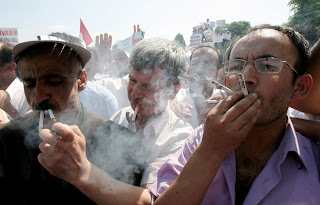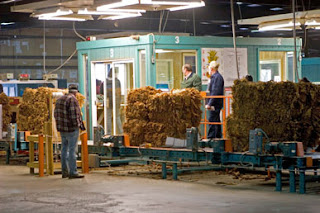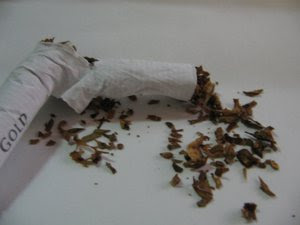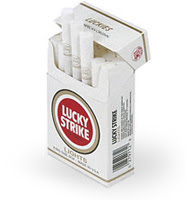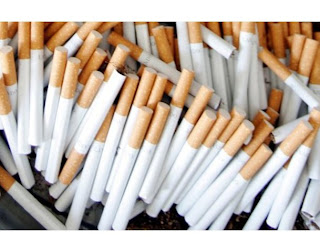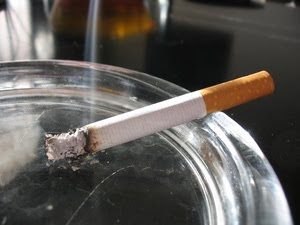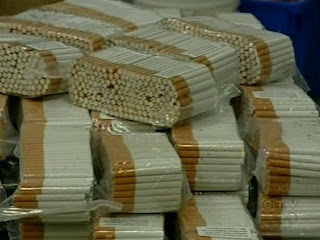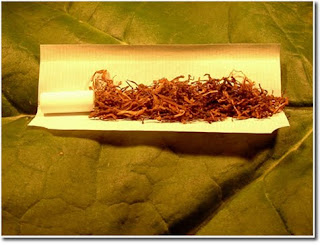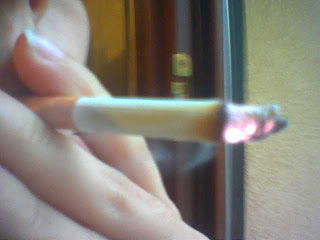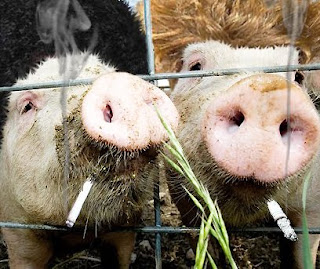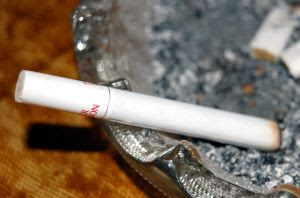The suicide of a Tasmanian father of three has prompted a warning from a coroner about the anti-smoking drug Champix.
Champix has been blamed for several suicides interstate and overseas but it is believed to be the first time the drug has been linked to a suicide in Tasmania.
Coroner Glenn Hay found it is impossible to say the drug was a direct causal link of the man's suicide.
But he found there was sufficient connection for him warn the community about the drug's side effects and any contra-indicators when taking it.
The drug's producer Pfizer Australia says some neuropsychiatric symptoms, including suicidal behaviour, have occurred in patients on the drug.
Mr Hay warned it was important those using medications such as Champix disclosed any history of mental illness to their doctor and stop taking the drug if mood or behaviour changes occurred.
QUIT Tasmania's Michael Wilson says that after the man's suicide it surveyed 64 clients known to be using the drug.
"Most of them were OK with it but there was a small percentage that had experienced some sort of nausaea or negative change in their mood, including anxiety or depression, but nothing major," he said.
Cigarettes Around The World
9 лет назад

